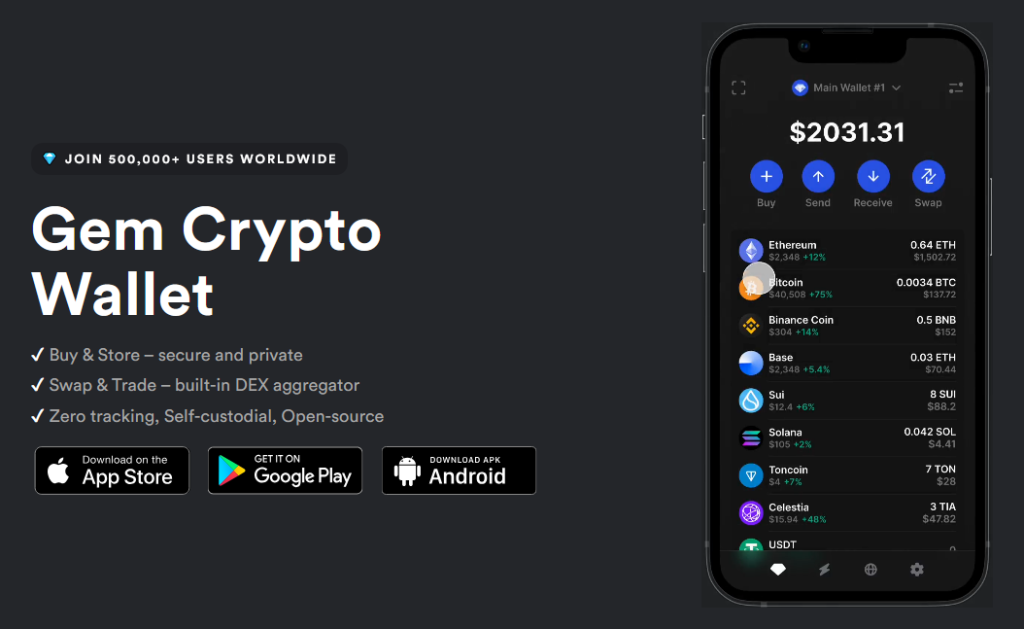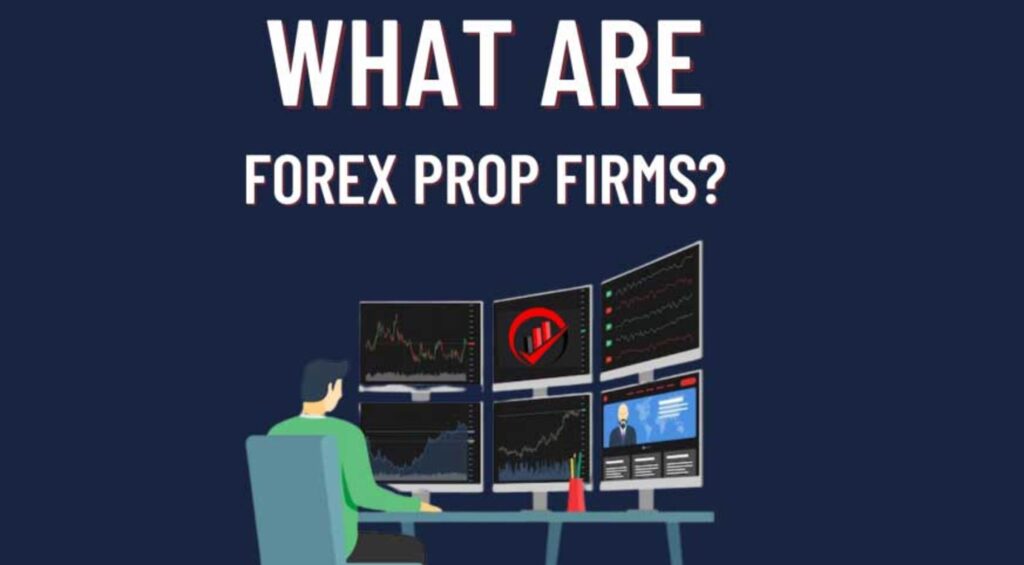In the labyrinthine world of foreign exchange (Forex) trading, where global currencies are traded like commodities, navigating the complexities of this market can be daunting for both novice and experienced traders alike. The Forex market is the largest financial market in the world, with a daily trading volume exceeding $6 trillion. This market operates 24 hours a day, five days a week, facilitating international trade and investments by enabling currency conversion.
Navigating the World of Forex Trading

Forex trading involves the simultaneous buying of one currency while selling another, primarily for speculative reasons, to profit from changing exchange rates. The market’s colossal size and liquidity mean that prices fluctuate constantly, creating opportunities for traders. However, the market’s complexity and the high level of risk involved make entering the Forex market intimidating for many. Herein lies the critical role of Forex brokers – acting as the conduit between individual traders and this vast, opaque market.
The Essential Role of Forex Brokers

Forex brokers serve as intermediaries between retail traders and the interbank foreign exchange market. They provide traders access to a trading platform that allows them to buy and sell foreign currencies. Brokers are pivotal in providing market access, leverage, tools, and educational resources to traders. They offer various accounts tailored to different levels of experience and capital, making Forex trading more accessible to a broader audience. Moreover, brokers facilitate the execution of trades, ensuring that transactions are conducted smoothly and efficiently.
How Brokers Facilitate Currency Trades

Brokers enable currency trades by providing traders with leverage, essentially loaning them money to increase the size of their trades. This magnifies both potential profits and losses, making it a double-edged sword. They offer different types of orders to manage risks, such as stop-loss orders to limit potential losses. Brokers also provide real-time quotes, charting tools, and analysis to help traders make informed decisions. Their platforms serve as the battleground where traders strategize and execute their trades.
The Impact of Regulation on Forex Brokers

The Forex market’s decentralized and global nature makes it inherently risky and susceptible to manipulation and fraud. To protect traders, governments and regulatory bodies across the world have imposed stringent regulations on Forex brokers. These regulations ensure that brokers operate with transparency, integrity, and in the best interest of their clients. Compliance with regulations also helps in building traders’ trust, which is crucial for brokers’ success and reputation in the competitive Forex market.
Choosing the Right Forex Broker for You

Selecting a Forex broker is a decision that should not be taken lightly, as it can significantly impact your trading experience and success. Prospective traders should consider several factors, including regulation, trading platform features, customer support, fees, and the range of available currencies. It’s also essential to examine a broker’s reputation through reviews and user feedback. Below is a comparison table highlighting some key considerations when choosing a Forex broker.
Comparison Table: Key Considerations in Choosing a Forex Broker
| Factor | Description |
|---|---|
| Regulation | Ensures the broker operates legally and ethically, protecting your investments. |
| Trading Platform | The user interface for your trading activities should be intuitive and feature-rich. |
| Customer Support | Look for 24/5 support, preferably with live chat and multiple languages. |
| Fees | Understand the broker’s fee structure, including spreads, commission, and any hidden charges. |
| Currency Pairs Offered | The variety of currency pairs available for trading, including major, minor, and exotic pairs. |
The Future of Forex Trading and Brokers

The future of Forex trading promises even greater integration of technology, with advancements in artificial intelligence (AI) and machine learning offering more sophisticated trading platforms and analytical tools. The role of brokers will evolve, focusing more on providing value-added services, comprehensive educational resources, and enhanced security measures. As the market becomes more regulated, traders can expect a safer trading environment. However, the essence of Forex trading, driven by global economic dynamics, will remain unchanged, with brokers at the heart of connecting traders to this fascinating and ever-changing market.






